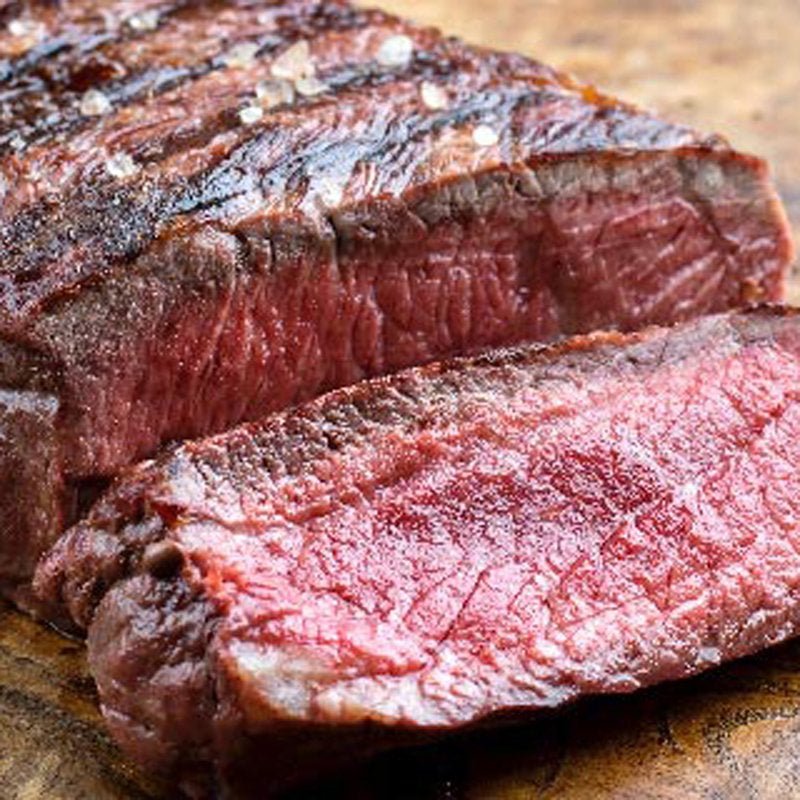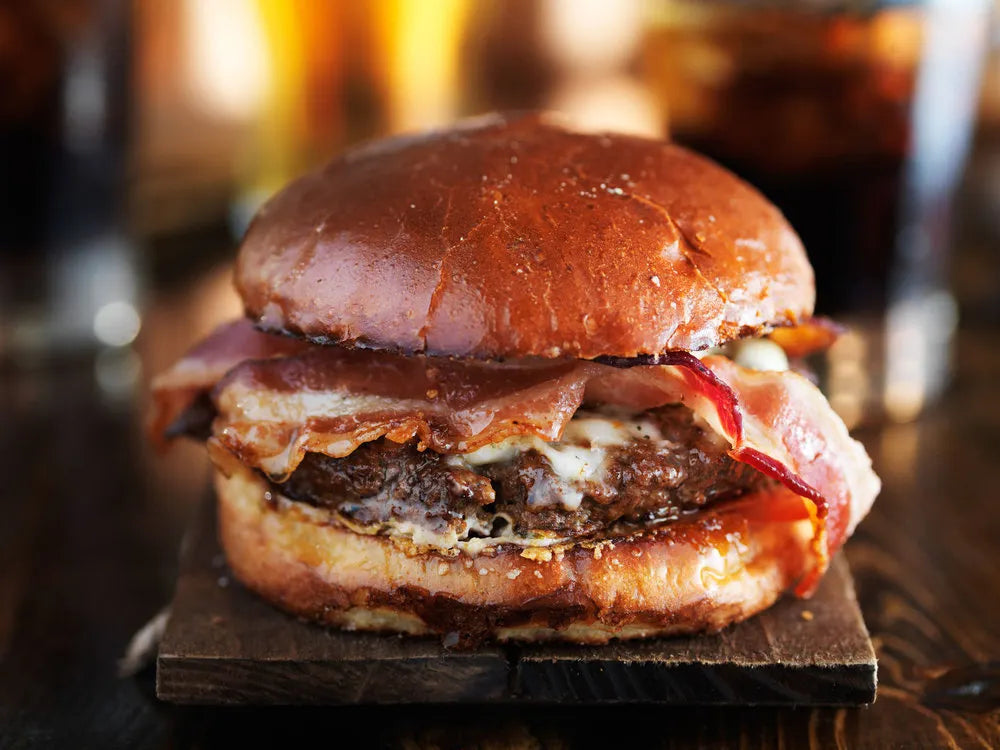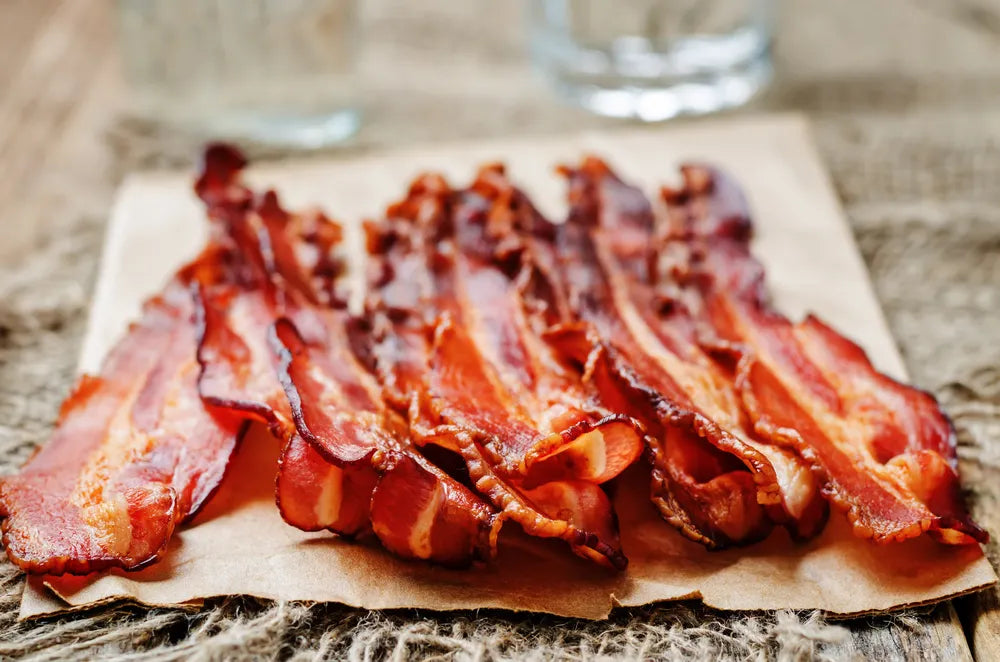My Top 10 Tips For Cooking Grass Fed Beef
What is the secret to cooking grass fed beef?
Maybe you're wondering if cooking a grass fed steak is any different than cooking a grain fed steak.
The answer is - yes, there are a few things that I recommend you do differently in the kitchen (or on the grill).
You want a juicy steak, right? And you want to make sure your grass fed beef isn't too tough.
Here are my Top 10 Tips for cooking the best beef you've ever had:
Tip #1 – Use a Marinade: Very lean cuts like New York strips and sirloin steaks can benefit from a marinade. Choose a recipe that doesn’t mask the flavor of the beef, but will enhance the moisture content.
Tip #2 – Add Fat: Because grass-fed beef is typically lower in fat than conventional meat, you can coat it with fat such as grass-fed/pasture-raised butter, tallow, lard or duck fat for easy browning.
Tip #3 – Thawing: Never use a microwave to thaw grass-fed beef. Either thaw in the refrigerator, or for quick thawing place the vacuum sealed package in cold water for 30-45 minutes. One pound of ground beef takes about 24 hours to thaw in the refrigerator, and a 3 or 4-pound package may take up to 48 hours to defrost in the refrigerator.
Tip #4 – Cooks Faster: Grass-fed beef cooks about 30% faster than grain-fed beef. Use a thermometer to test for doneness and watch the temperature carefully. You can go from perfectly cooked to overdone in less than a minute. The meat will continue to cook after you remove it from the heat, so when it reaches a temperature ten degrees lower than the desired temperature, it’s done.
Tip #5 – Cook to Medium-Rare: Grass-fed beef is ideal at rare to medium-rare temperatures. If you prefer your meat well-done, cook it at a low temperature in a sauce to add moisture. A slow cooker is great for this.
Tip #6 – Pan Searing: Pan Searing on the stove is an easy way to cook a grass-fed steak. After you’ve seared the steak over high heat, turn the heat to low and add grass-fed butter and garlic to the pan to finish cooking.
Tip #7 – Grilling: When grilling, quickly sear the meat over high heat on each side and then reduce the heat to medium or low to finish. Use tongs instead of a fork to turn the beef.
Tip #8 – Roasting: When roasting, sear the beef first to lock in the juices and then place in a preheated oven. Reduce the roasting temperature by 50 degrees F for grass-fed beef.
Tip #9– Bring to Room Temperature & Preheat: Bring your grass-fed beef to room temperature before cooking to avoid overcooking the outside. And always preheat the oven, pan or grill before cooking.
Tip #10 – Let Rest: Let the beef sit covered in a warm place for 8 to 10 minutes after removing it from the heat to let the juices redistribute. Tip #11 – Storing Beef: In the Freezer your beef will last at least 12 months. In the Refrigerator: Raw ground beef will keep in the refrigerator for about 1 to 2 days; Raw roasts and steaks will stay good in the refrigerator for about 3 to 5 days.




